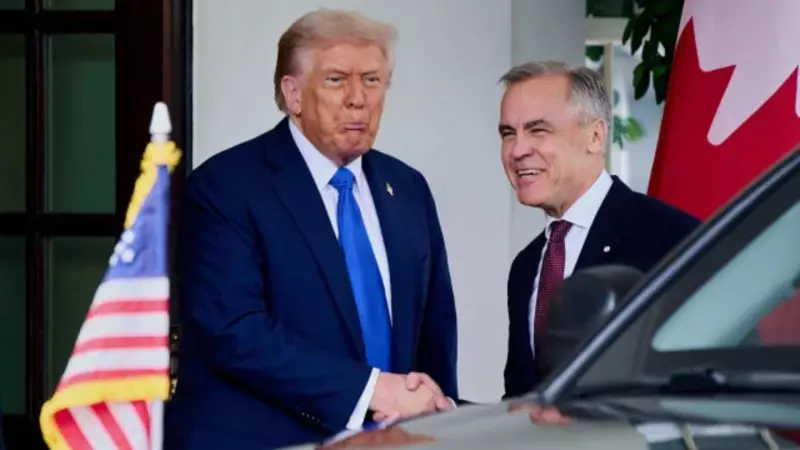
In a development that could significantly impact North American trade dynamics, former US President Donald Trump is reportedly considering imposing tariffs on all Canadian goods if he returns to the White House. This potential move has raised concerns about renewed trade tensions between the two neighboring countries.
What's Behind the Proposed Tariffs?
According to sources familiar with the matter, Trump's consideration of across-the-board tariffs stems from his broader trade policy vision. The former president has long advocated for more protectionist trade measures, arguing they protect American jobs and industries.
The proposed tariffs would represent a significant escalation in trade relations between the United States and Canada, who share one of the world's largest trading relationships. Both countries have enjoyed relatively stable trade terms since the implementation of the United States-Mexico-Canada Agreement (USMCA).
Potential Economic Impact
Economists warn that such tariffs could have far-reaching consequences:
- Increased consumer prices on both sides of the border
- Disruption of integrated supply chains
- Potential retaliation from Canadian authorities
- Negative impact on businesses that rely on cross-border trade
Political Reactions and Responses
The news has drawn attention from political figures on both sides of the border. Former Bank of Canada Governor Mark Carney has been mentioned in connection with the developments, though specific details about his involvement remain unclear.
Canadian officials are likely monitoring the situation closely, given the importance of the US market to Canada's economy. The two nations have historically resolved trade disputes through negotiation and compromise, but the proposed tariffs could test this longstanding approach.
As the political landscape evolves, businesses and policymakers are preparing for potential changes to the trade environment that has defined North American economic relations for decades.





